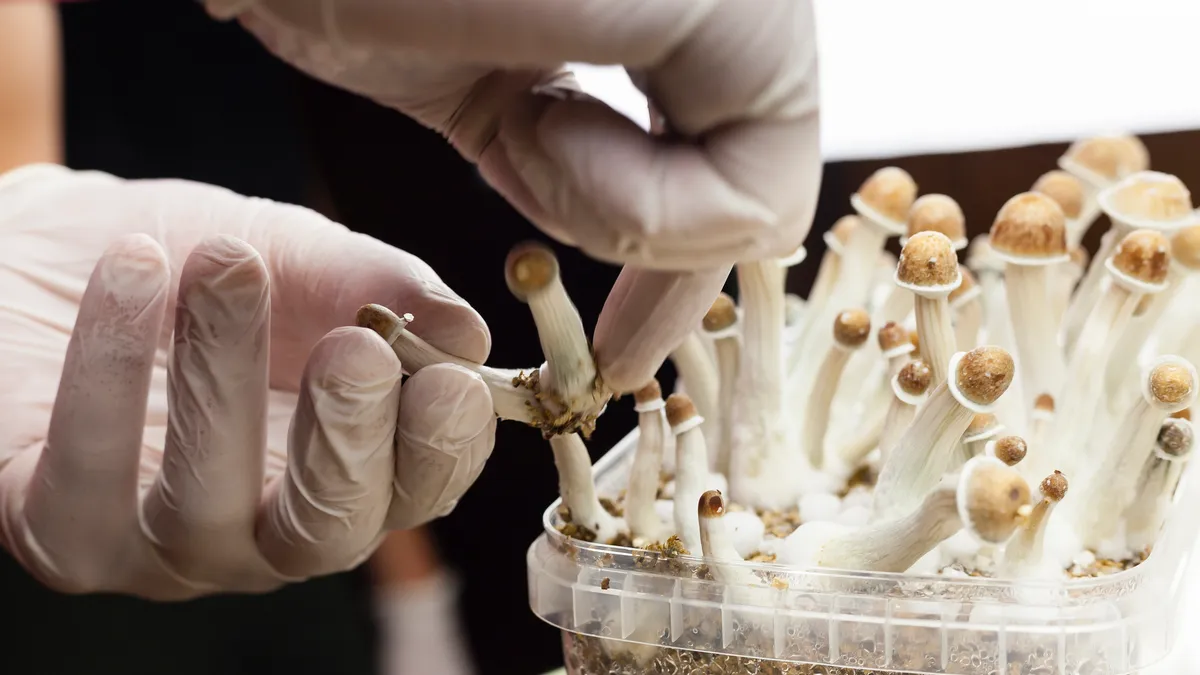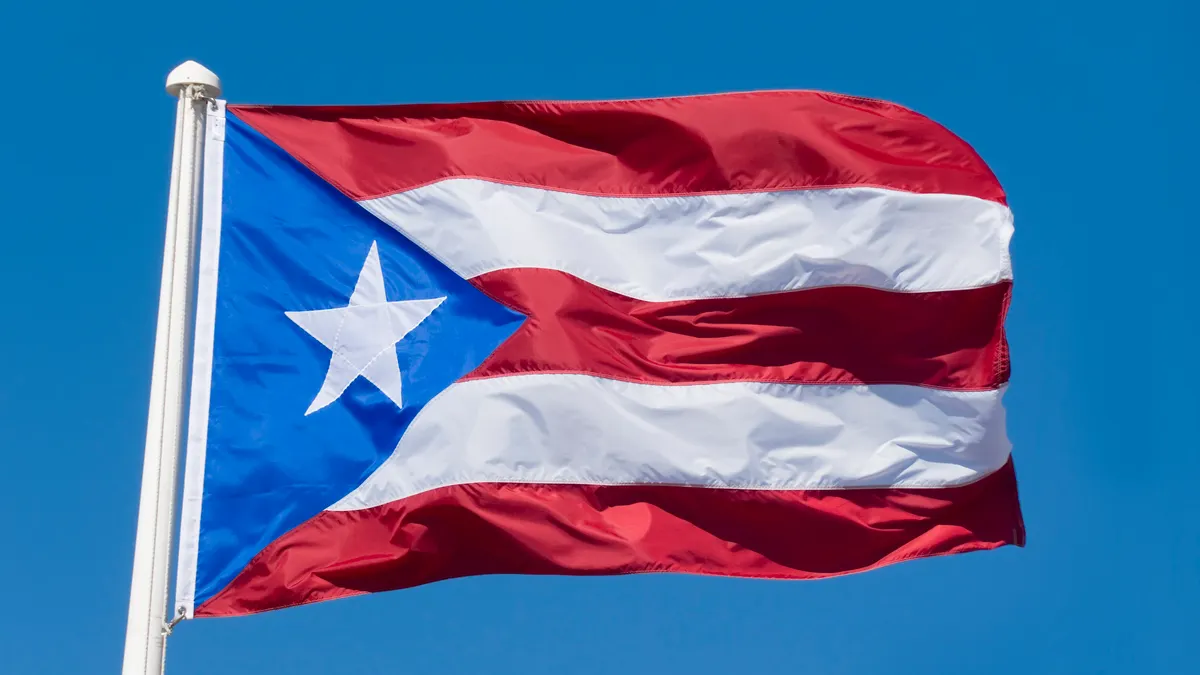The psychedelic space took a hit this month when Lykos Therapeutics’ MDMA treatment was rejected by the FDA. The decision was the first for a psychedelic-assisted therapy, and the disappointment could help other biotechs find the right way through the woods.
The news was not completely unexpected after an FDA advisory panel rejected the MDMA treatment for several reasons, including concerns of recreational abuse, Lykos’ failure to collect FDA-requested data and sexual misconduct during clinical trials. But other psychedelic-focused biotechs are still pushing forward with their candidates, and some competitors see the drawback as a positive in the long run.
“The FDA’s decision has put the sector on notice that [the agency] will not accept any short cuts,” said Doug Drysdale, CEO of Cybin, a biotech with several psychedelic therapies in the clinic. “While the decision may be impacting psychedelic stocks in the near term, long term we expect FDA rigor to result in more robust studies and outcomes for patients.”
Several more companies in mid- and late-stage trials could soon face the FDA for approval in the coming months and years.
Lykos lessons
In an August decision, the FDA issued Lykos a complete response letter for its MDMA capsules for patients with post-traumatic stress disorder, requesting the company conduct another phase 3 trial to test safety and efficacy. Lykos said it planned at the time to request a meeting with the FDA to reconsider the decision and seek recommendations for resubmission.
However, in the weeks after the decision, Lykos announced it was laying off 75% of its staff as part of a “reorganization” before it resubmits. Plus, the company pulled in Dr. David Hough, the former vice president of R&D at J&J Innovative Medicine who helped lead development for the approved esketamine spray Spravato, to oversee clinical work and “FDA engagement.”
“From a regulatory perspective, we believe that we have a clear roadmap ahead."

Doug Drysdale
CEO, Cybin
Other biotechs with psychedelic drug treatments, such as MDMA, ketamine, LSD or psilocybin, are similarly targeting PTSD, depression, anxiety and other mental health disorders. And those with therapies in mid- and late-stage studies have been taking notes at Lykos’ fumble. Lykos’ efforts to gain approval for an MDMA treatment for PTSD, which also included a psychotherapy component, were also closely watched because the therapeutic area has been lacking new treatments.
However, the rejection may be more specific to Lykos rather than representative of the entire psychedelic sector. One lesson carrying through to other biotechs is that working closely with the FDA and following through on requested information may be key.
“During our interactions with the FDA we have received invaluable guidance on the design of our phase 3 depression program,” Drysdale said. “From a regulatory perspective, we believe that we have a clear roadmap ahead and that the Lykos issues were very much specific to the quality of their NDA submission, rather than a category issue.”
More decisions ahead
While Lykos was the first biotech to reach the approval stage with the FDA, others are hot on its tail.
Compass Pathways is further along in clinical trials with a psilocybin treatment, COMP360, which is being evaluated for treatment-resistant depression, PTSD and anorexia nervosa and has breakthrough therapy designation from the FDA. In May, the company announced topline results from its phase 2 study of the drug in PTSD patients, finding improvements in scales of the illness without adverse events. Compass expects to reveal topline data from its phase 3 study of COMP360 in TRD during the fourth quarter of the year.
Australia-based Incannex Healthcare has a psilocybin assisted psychotherapy to treat generalized anxiety disorder that will soon enter phase 2b testing following positive topline results from a phase 2 trial The company is also conducting late-stage trials for a THC pill-form treatment for obstructive sleep apnea and a cannabinoid-enhanced combination drug for rheumatoid arthritis.
Cybin is evaluating psilocybin therapies and is currently entering phase 3 trials for CYB003 to treat patients with major depressive disorder. The candidate won the first known breakthrough designation “granted by the FDA for an adjunctive psychedelic based therapy for the potential treatment of MDD,” the company said in June. Cybin completed a meeting with the FDA this month to finish the design of its phase 3 study slated to begin in late summer 2024.
Functional unblinding was flagged by the FDA adcomm as one of the reasons to reject Lykos’ MDMA therapy, and remains one of the key clinical challenges for therapies that include a noticeable psychedelic effect. Cybin noted design elements intended to prevent unblinding in the study. By using a three-arm design with a high dose, mid-dose and placebo arm, participants could be less likely to know if they receive the therapeutic or sub-therapeutic dose. Cybin is also including firewalls and utilizing remote raters to mitigate the risks of unblinding.
MindMed, a biotech studying LSD as a treatment for generalized anxiety disorder, also completed a meeting with the FDA in June as it shapes its phase 3 pivotal trial design. The study is also using tiered dosing, and is moving into the late-stage study this year.
“We are on schedule to initiate our phase 3 clinical program for MM120 oral dissolving tablet in GAD in the second half of this year and look forward to sharing additional details on the design of our pivotal program in the coming months,” MindMed CEO Rob Barrow said in June.




















